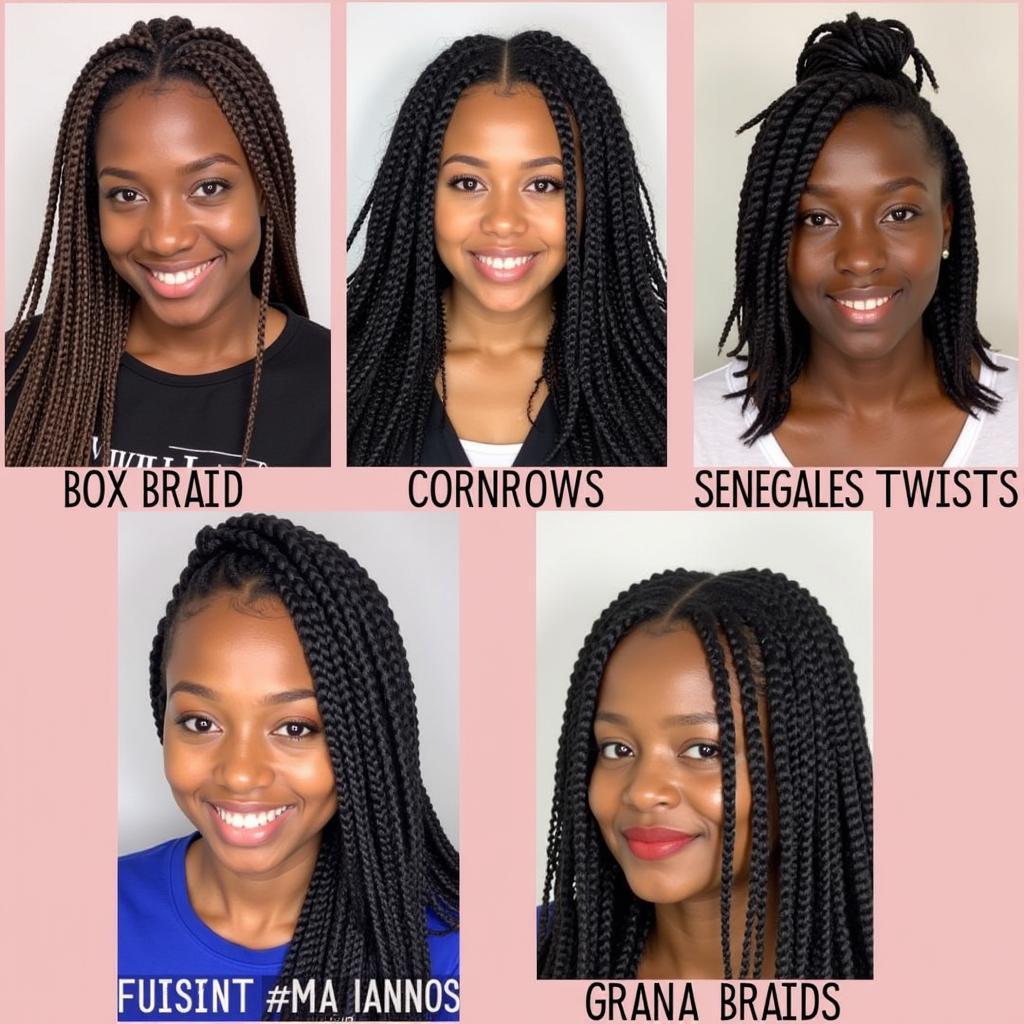Understanding African Culture Communication
African Culture Communication is a rich and complex tapestry woven from diverse traditions, languages, and non-verbal cues. It’s crucial to understand these nuances to foster meaningful connections and avoid misinterpretations when interacting with people from various African communities. This article delves into the key aspects of African culture communication, exploring both verbal and non-verbal elements that shape interactions across the continent.
Verbal communication in many African cultures often prioritizes indirectness and respectful language. Proverbs and storytelling are frequently employed to convey messages and impart wisdom. Elders are highly respected, and their opinions hold significant weight in decision-making processes. For example, in many West African cultures, greetings are elaborate and involve inquiries about family members’ well-being, demonstrating a focus on community and relationships. Respect for elders is paramount, and addressing them with appropriate titles and honorifics is essential.
Non-verbal communication plays a vital role in African culture, often conveying as much, if not more, meaning than spoken words. Eye contact, gestures, and body language vary significantly across different regions and ethnic groups. In some cultures, prolonged eye contact might be considered disrespectful, especially when interacting with elders. Physical touch, such as handshakes or hugs, can be common, but it’s essential to be mindful of cultural norms. For instance, some communities emphasize using the right hand for greetings and eating as a sign of respect. Silence can also be a powerful communication tool, signifying reflection or agreement. Understanding these nuances is vital for navigating social interactions effectively.
Navigating the Nuances of Verbal Communication
African languages are incredibly diverse, with over 2,000 spoken across the continent. While many countries have adopted official languages like English, French, or Portuguese, local languages remain central to cultural identity and daily communication. The use of proverbs and storytelling adds depth and meaning to conversations. These traditional forms of communication often serve as a way to transmit cultural values, historical knowledge, and life lessons.
The Importance of Respect and Hierarchy
Respect for elders is a cornerstone of African culture. Their wisdom and experience are highly valued, and their guidance is sought in various aspects of life. Addressing elders with appropriate titles and demonstrating deference is crucial. This respect extends beyond family members to include community leaders and individuals in positions of authority.
Decoding Non-Verbal Cues in African Communication
Non-verbal communication is an integral part of African interactions. Understanding these often subtle cues can significantly enhance communication. African art for kids offers a wonderful introduction to the diverse artistic traditions of the continent. From intricate mask carvings to vibrant textiles, exploring African art can be an engaging way for children to learn about different cultures.
Eye Contact and Body Language
Eye contact customs vary across Africa. While direct eye contact is generally expected in Western cultures, it can be considered disrespectful in some African communities, particularly when interacting with elders or individuals of higher social standing. Body language, including posture and gestures, also plays a significant role in conveying meaning. For example, in some cultures, it’s customary to stand when greeting someone older as a mark of respect.
African culture symbols are deeply ingrained in the traditions and beliefs of various communities across the continent. They represent a wide range of concepts, from spirituality and ancestry to social values and identity. Understanding these symbols provides insights into the rich cultural heritage of Africa. You can find African corner free classifieds ads online. Similarly, African drums mandingo showcase the vibrant rhythms and musical traditions of West Africa, highlighting the importance of music in African culture.
Conclusion: Embracing the Richness of African Culture Communication
African culture communication is a multifaceted and fascinating subject. By understanding its diverse verbal and non-verbal elements, we can build bridges of understanding and foster meaningful connections with people from different African communities. Appreciating the nuances of African culture communication enriches our interactions and allows us to experience the true depth and beauty of this vibrant continent.
FAQ
-
What is the role of storytelling in African communication?
Storytelling is a vital tool for transmitting cultural values, history, and life lessons. -
Why is respect for elders important in African culture?
Elders are valued for their wisdom and experience, and their guidance is sought in many aspects of life. -
How does non-verbal communication differ across Africa?
Non-verbal cues like eye contact and body language vary significantly based on region and ethnic group. -
Why is it important to understand African culture communication?
Understanding cultural nuances fosters meaningful connections and prevents misinterpretations. -
How can I learn more about specific African cultures?
Researching individual countries and ethnic groups will provide deeper insights into their unique communication styles. -
What are some common greetings in African cultures?
Greetings often involve inquiries about family members’ well-being, demonstrating a focus on community. -
How can I show respect when communicating with someone from an African culture?
Using appropriate titles, being mindful of non-verbal cues, and demonstrating genuine interest in their culture are key.
When you need support, please contact us by Phone: +255768904061, Email: [email protected] or visit us at: Mbarali DC Mawindi, Kangaga, Tanzania. We have a 24/7 customer service team.

